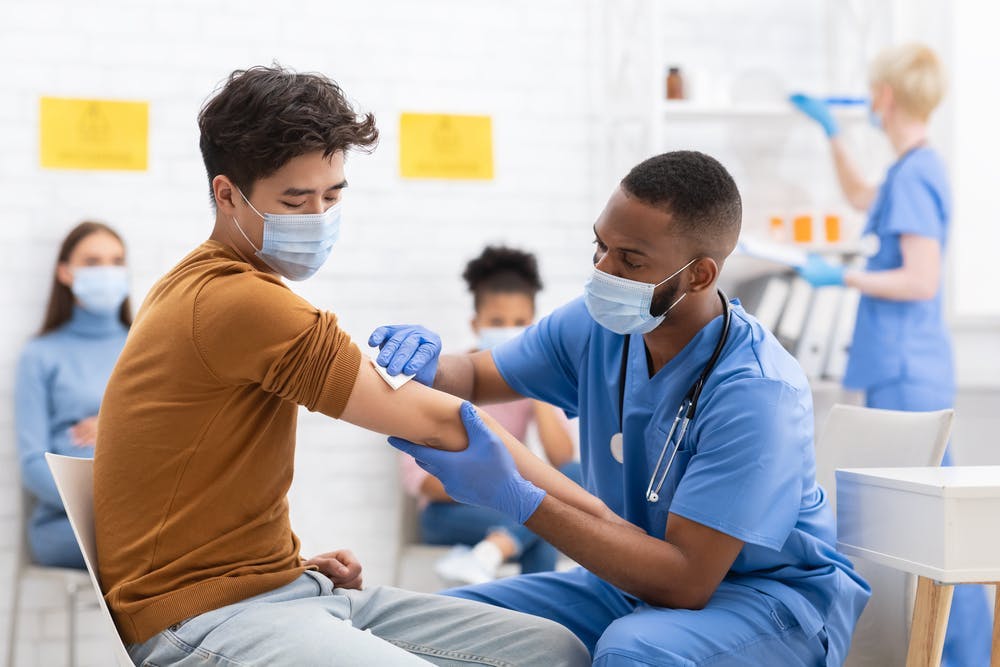Five common causes of rectal bleeding
The causes of rectal bleeding can range from harmless to life-threatening. It’s important for patients to be aware of the conditions that can cause rectal bleeding, and to seek medical attention for any episode of rectal bleeding to make sure a thorough workup is conducted to rule out any potentially serious underlying causes.
1. Diverticula
Diverticula are small pockets that form in the lining of the large intestine (the colon). In most cases, diverticula are harmless. In fact, 80% of people with diverticula never have any symptoms. However, in some cases, diverticula can lead to complications.
Diverticulitis occurs when diverticula become inflamed or infected, causing patients to experience abdominal pain (usually along the left lower side of the abdomen), a fever, bloating, constipation, diarrhea, and bloody stools.
Diverticular bleeding occurs when blood vessels in the weakened intestinal wall rupture and bleed. Diverticular bleeding typically causes painless, bright red rectal bleeding. In many cases, this bleeding will resolve on its own. In more severe cases, however, diverticular bleeding can cause a dangerous amount of blood loss, requiring a blood transfusion and an emergency procedure to stop the bleeding.
Diverticula are more common in males, patients over the age of 40, and in patients with a genetic predisposition for diverticular disease. Exercise and increased fiber intake can lower the risk of diverticular complications.
2. Inflammatory bowel disease
The two main forms of Inflammatory Bowel Disease (IBD) are Crohn’s Disease and Ulcerative Colitis.
Crohn’s Disease can cause inflammation along any part of the GI tract, from the mouth to the anus. Ulcerative Colitis causes inflammation only in the large intestine.
Both conditions can cause abdominal pain, bloating, diarrhea, unintended weight loss and bloody stools. Patients with these symptoms often undergo endoscopy, lab work and imaging to establish the diagnosis of IBD.
IBD is more common in younger patients. In fact, most cases of IBD are diagnosed between the ages of 15-30. IBD is also more common in Caucasians, cigarette smokers, people who frequently take non-steroidal anti-inflammatory drugs (NSAIDs), and in patients with a family history of IBD.
Treatment for IBD includes medications that reduce inflammation and offer symptomatic relief from nausea, vomiting, diarrhea and pain. In some cases, IBD patients also may need to undergo surgery.
3. Anal fissures
An anal fissure is a tear in the lining of the anal tissue that can cause pain and rectal bleeding with defecation.
Risk factors for anal fissures include constipation, straining during bowel movements, childbirth, anal intercourse, chronic diarrhea, Crohn’s disease, HIV, syphilis, and tuberculosis.
In most cases, anal fissures heal with minimal intervention. Patients often benefit from stool softeners, increased fiber intake, increased fluid intake and sitz baths. Patients with larger fissures may require prescription medication or, in rare cases, surgery.
4. Hemorrhoids
Hemorrhoids is another cause of rectal bleeding and occur when the veins that supply the rectum become swollen and inflamed. Patients with hemorrhoids often experience pain with defecation, and pain with sitting for long periods of time.
Risk factors for hemorrhoids include constipation, obesity, pregnancy, heavy lifting, eating a low-fiber diet, and anal intercourse.
In most cases, hemorrhoids resolve with stool softeners, increased intake of fiber and water, sitz baths, and topical medications that alleviate inflammation. In more severe cases, patients may require surgical treatment.
5. Colorectal cancer
Colorectal cancer is the third most common cancer in adult men and women and the third leading cause of cancer deaths in the U.S.
Symptoms include a persistent change in bowel habits or stool consistency, fatigue, unintended weight loss, abdominal discomfort, and rectal bleeding.
People who are over age 50, Black, eat a low-fiber diet, smoke cigarettes, have a sedentary lifestyle, abuse alcohol, have IBD or have a family history of colorectal cancer are at an increased risk of developing colorectal cancer.
Since early-stage colon cancer is often curable, it’s important for patients to stay up to date with colon cancer screenings, and seek prompt medical attention if they develop any of the above symptoms. Other cancer screenings are important too, such as breast cancer.
Visit urgent care
If you are experiencing any health issues, a urgent care center can assist you. You can walk in without an appointment, or you can check in online. We’ll have you back to feeling better in no time.
***
Sources:
https://my.clevelandclinic.org/health/diseases/10352-diverticular-disease
https://www.mayoclinic.org/diseases-conditions/colon-cancer/symptoms-causes/syc-20353669
https://www.mayoclinic.org/diseases-conditions/colon-cancer/symptoms-causes/syc-20353669
Written by Sarah Thebarge, Physician Assistant


